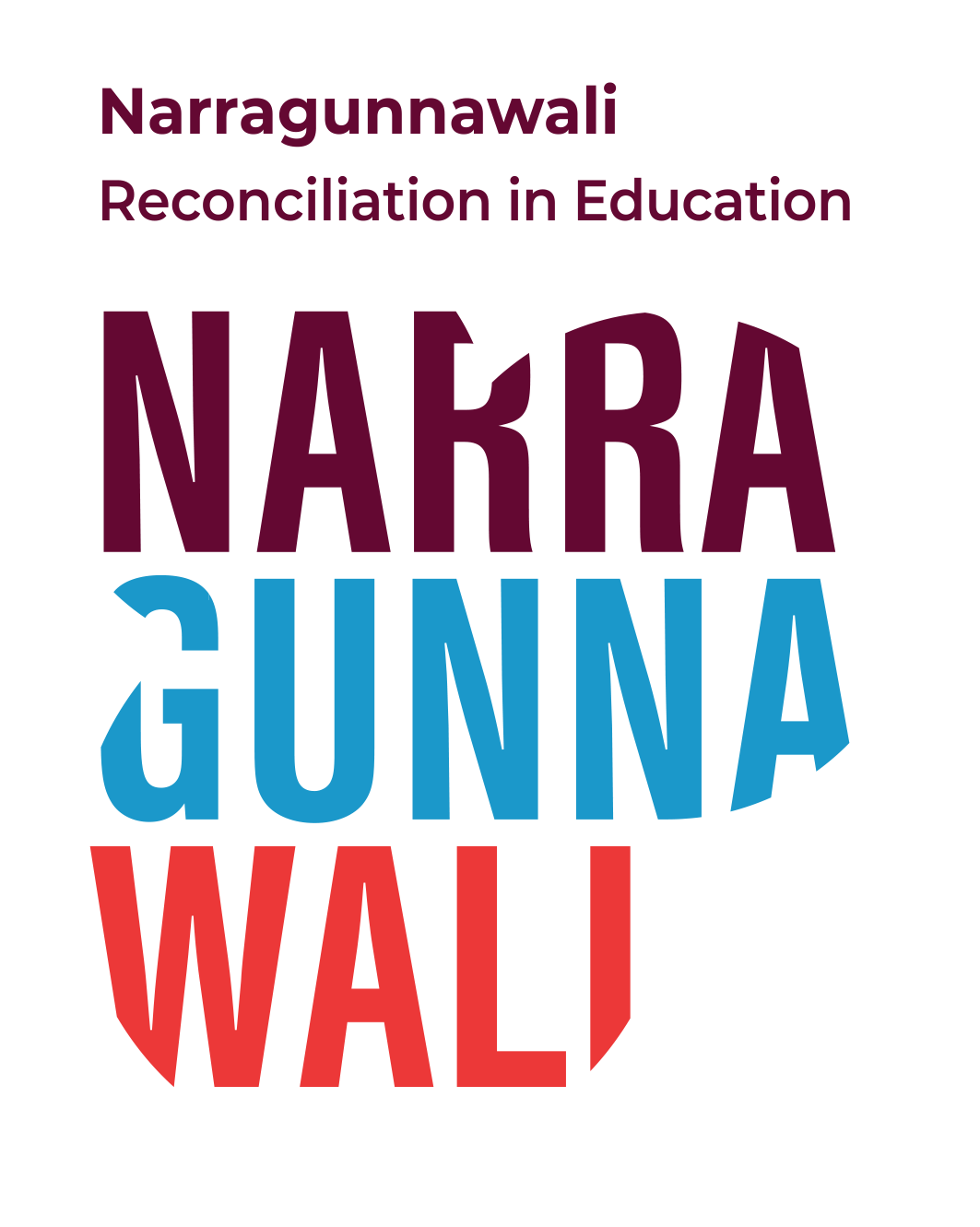It is important to actively build and develop ongoing relationships with your local Aboriginal and Torres Strait Islander community, and ensure that your RAP remains meaningful and relevant to your school or early learning service, and wider community. Be flexible, ask for feedback, stay accountable and continuously evaluate your RAP as you continue on your reconciliation journey.
Alongside celebrating your RAP, some opportunities to reflect on, monitor and evaluate your RAP progress are:
- Consider the key messages relating to reconciliation in education.
- Engage with professional learning resources such as Tackling Tokenism example and the Reconciliation in Education webinar series.
- Invite diverse members of your school or early learning service community to be on your RAP Working Group to ensure that a range of perspectives on the progress and future directions of your RAP can be heard and implemented.
- Use Goals and Deliverables to localise and personalise your RAP Action commitments, as well as establish and extend on steps towards achieving the Action.
- Extend on your commitment to the following RAP Actions to invite diverse members or stakeholders of your school or early learning service community to contribute to RAP governance, consultation and evaluation processes: Staff Engagement with RAP; Opportunities for Aboriginal and Torres Strait Islander Students and Children; Aboriginal and Torres Strait Islander Representation on Committees; Create Stakeholder List; and/or Reconciliation Network.
- Re-complete the RAP Reflection Survey every 12 months as you refresh your RAP to track progress over time and inform your next steps.
The 14 required RAP Action films may also support your school or early learning service to reflect on opportunities for furthering its reconciliation journey.
Consult the Narragunnawali Who has a RAP? map (as well as Reconciliation Australia’s wider Who has a RAP? search tool) to find other schools, early learning services and organisations that have committed to reconciliation through developing a RAP. Your school or early learning service can connect with such institutions and share learnings and journeys, and build your local community of practice.
Applying for the Narragunnawali Awards is an opportunity to receive feedback on your school or early learning service’s reconciliation story, as well as be inspired by the Finalist and Winner stories.
Learn More
As part of your school or early learning service’s ongoing learning, monitoring and evaluation processes, we encourage you to engage with:
•The policies referenced in the Inclusive Policies RAP Action, which are key readings relevant to the reconciliation-in-education research base.
•The Importance of Reconciliation in Education literature review and Report 16 of the external evaluation of Narragunnawali which discuss good practice and key policy pieces relevant to reconciliation in education, and the position of the Narragunnawali program in relation to these pieces.
•The resources available via the Publications, Reports, and Policy and Research pages of the Reconciliation Australia website.
Also consider academic literature with important relationships to reconciliation in education. For example, literature concerning: critical-reflective practice; place-based pedagogies; whiteness and critical race theory; high expectations relationships; ‘Indigenising’ and decolonising curricula; culturally responsive pedagogies; rights-based and social justice approaches to education; ethics in Aboriginal and Torres Strait Islander research, learning and teaching; resilience theories and threshold concepts.
Other Questions or Suggestions?
Contact the Narragunnawali team via narragunnawali.org.au/contact-us!
To learn more about the evaluation of the Narragunnawali program itself, and opportunities for sharing program feedback and ideas, visit the Evaluation and Impact page on the Narragunnawali platform.
RAP Action Films
The 14 required RAP Action films may also support your school or early learning service to reflect on opportunities for furthering its reconciliation journey.
Who has a RAP?
Consult the Narragunnawali Who has a RAP? map to find other schools, early learning services and organisations that have committed to reconciliation.


